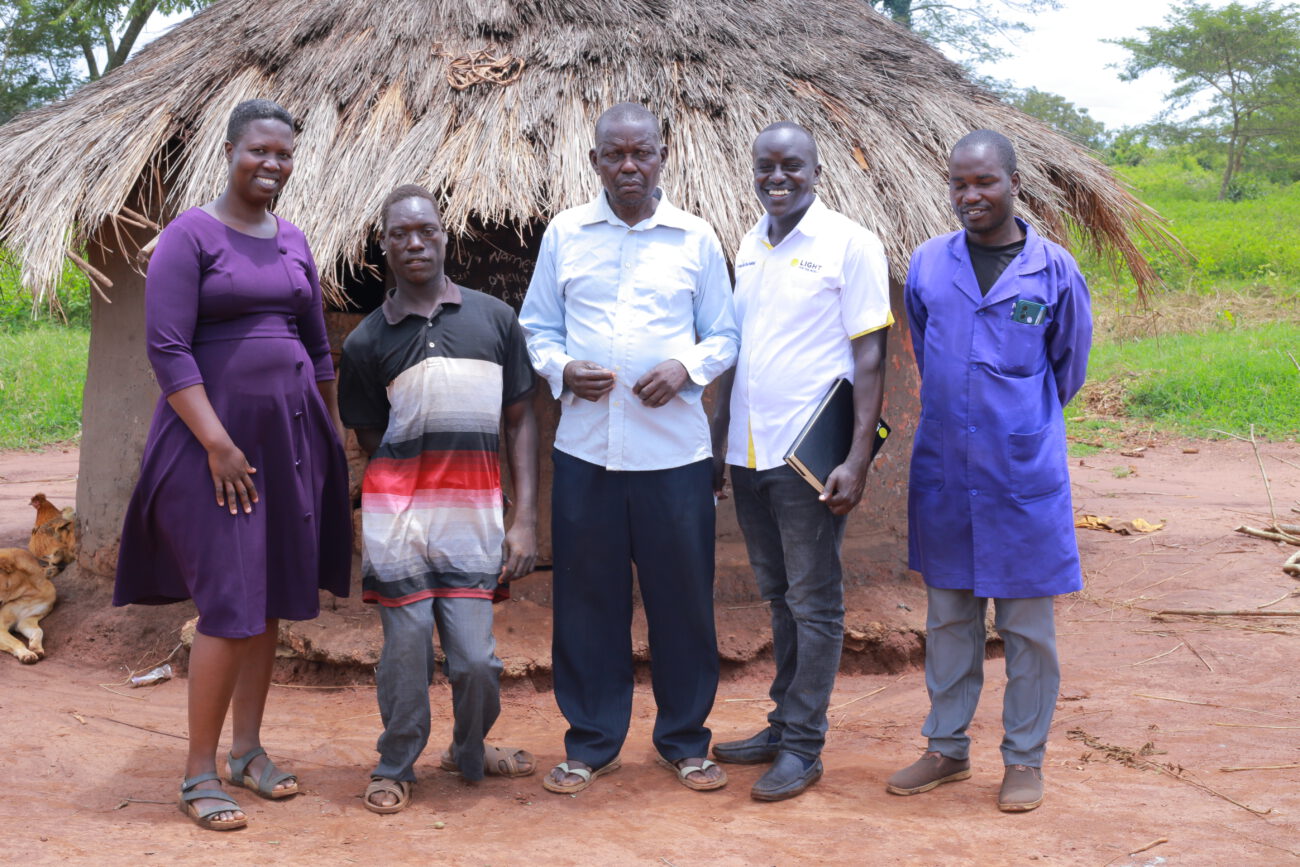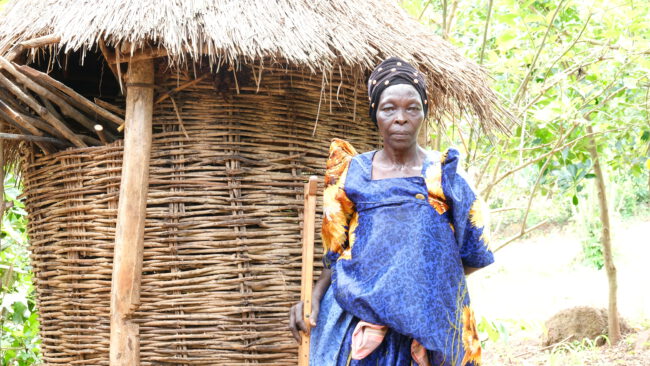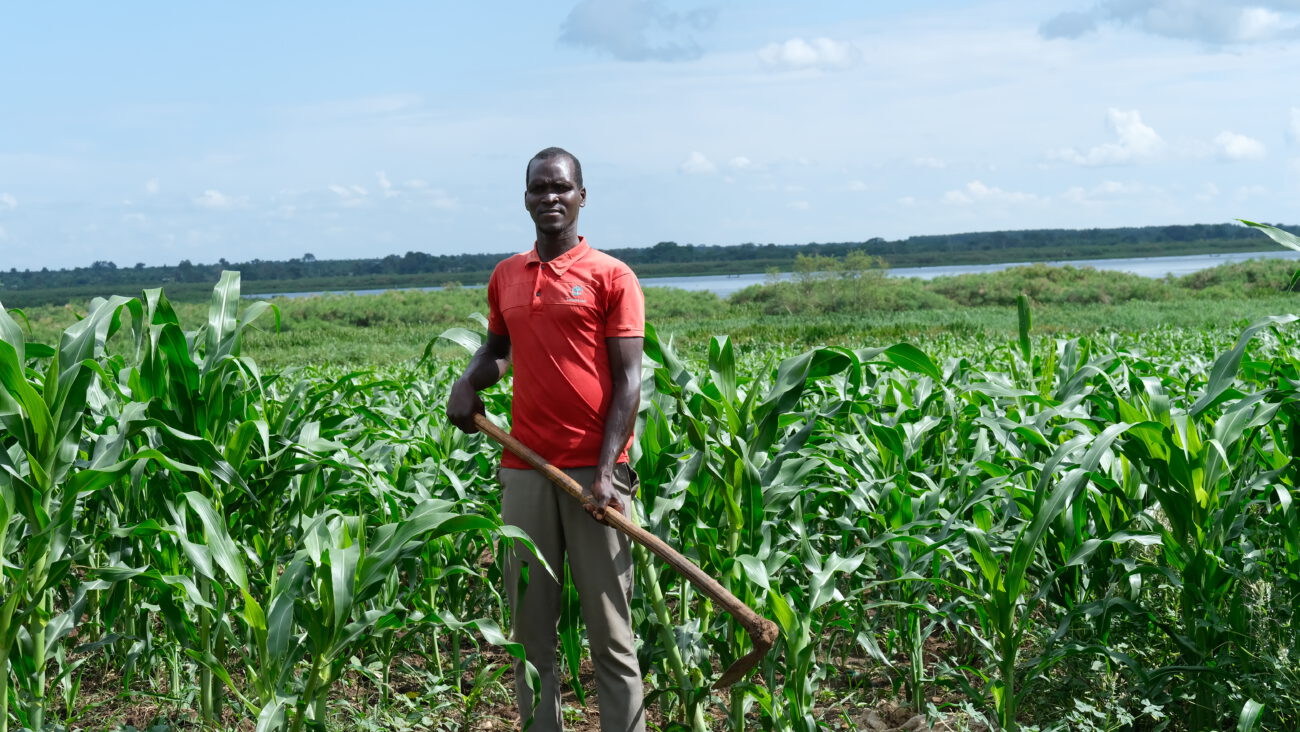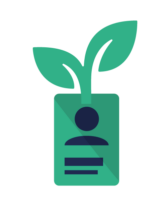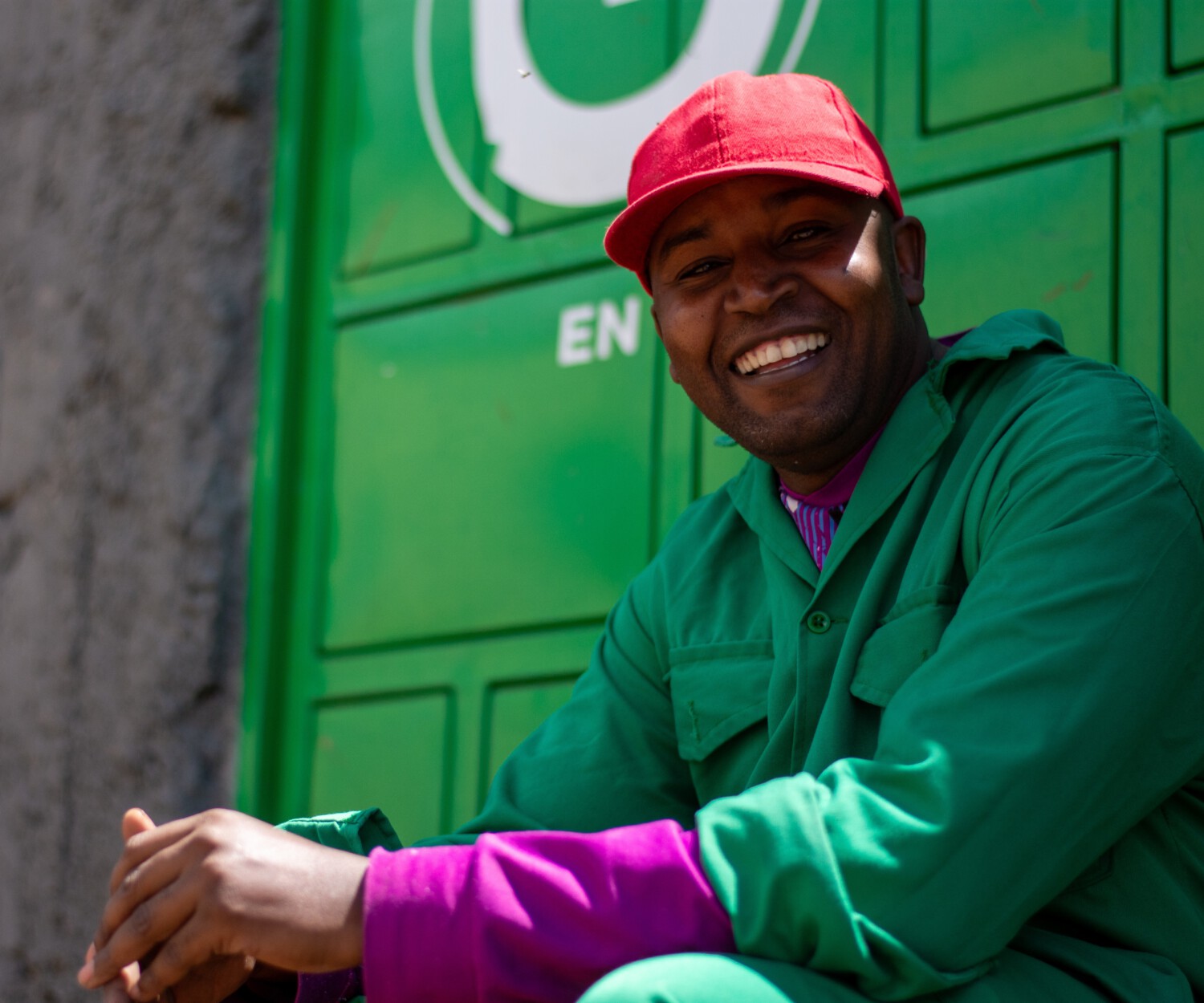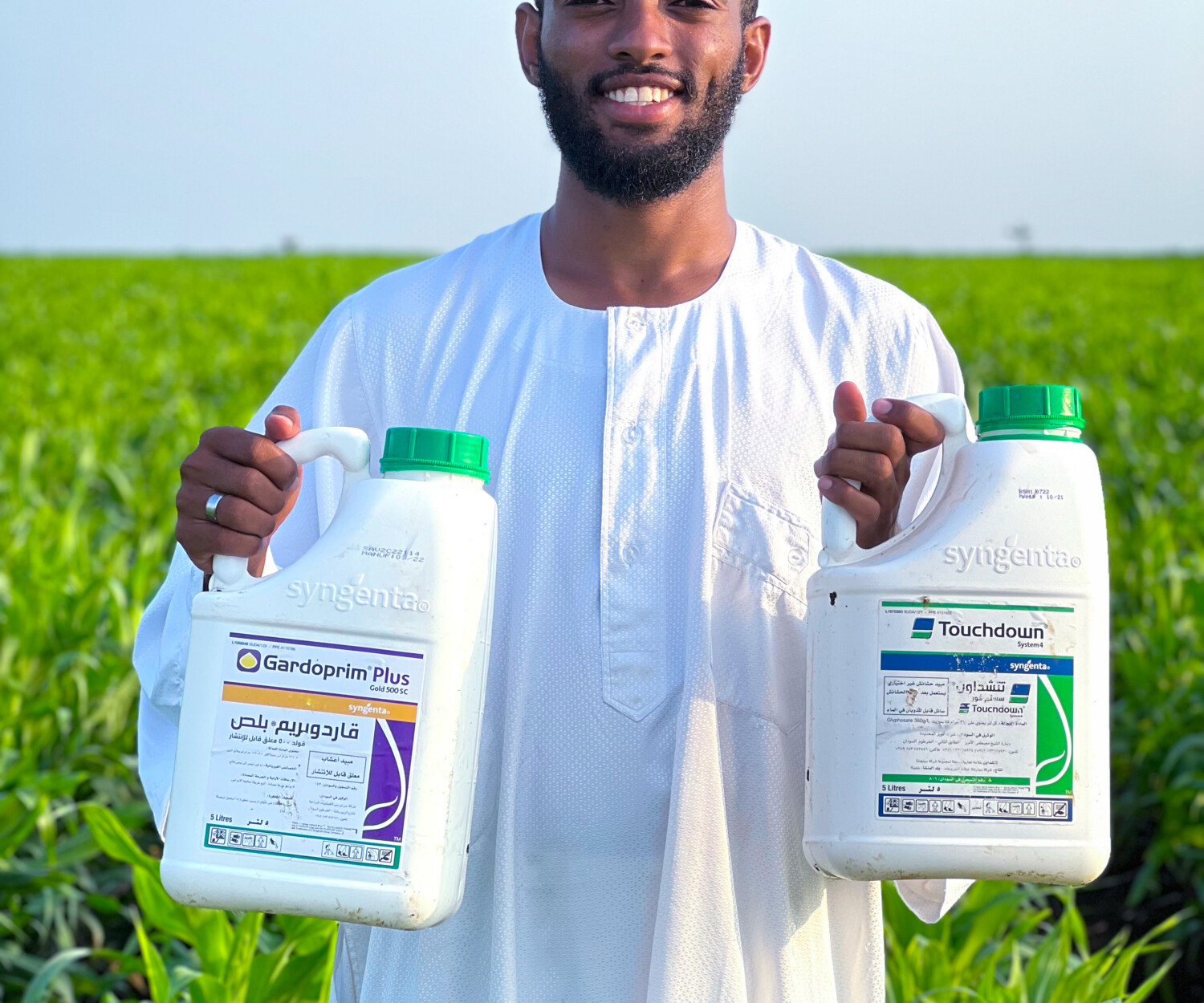Inclusion Approaches to Creating, Matching, and Improving Jobs for People With Disabilities: A Case Study of Light for the World
In Uganda, an estimated 12.5% (NUDIPU, 2019) of the population live with a disability, yet many remain excluded from the labour force due to persistent stigma, limited accessibility, and deeply rooted misconceptions. Despite possessing skills and potential, young people with disabilities, especially women, often face intersecting barriers that block their path to decent employment opportunities. Recognising this untapped potential, Light for the World (LFTW), with support from CFYE, is reshaping the employment landscape through inclusive economic empowerment. By combining enterprise development, financial inclusion tools, and strategic partnerships, such as collaborating with the Ministry of Gender, Labour, and Social Development, LFTW has matched youth with disabilities (PWDs) to waged jobs and driven income-generating opportunities for others across Uganda. This case study explores LFTW’s disability-inclusive business model, the impact of their partnership with CFYE, and how their project is breaking systemic barriers to decent work.
People with disabilities face discrimination at multiple levels – in society, their workplace, and sometimes within their household. In 2017, Light for the World conducted a study that revealed how low levels of disability awareness and knowledge remain a major barrier for employers to integrate inclusion practices within their businesses and workplaces. Concurrently, youth with disabilities, even those with academic backgrounds, often face neglect and abuse due to minimal potential expectations from their peers and overall environment, resulting in a cycle of insecurity and inequal access to opportunities for work. From a gender perspective, the employment situation for young women in Uganda is just as alarming; young men are more engaged in waged employment (32%) than young women (18%) (UBOS, 2015) and for young women with disabilities, the challenges become intersectional as they are forced to work against disability and gender based societal prejudice.
To facilitate people with disabilities’ access to employment, improvements are required across several levels. These include changing legal and business model frameworks to be more disability inclusive, offering disability inclusive training and assistance to potential employers, creating accessible work environments for PWDs, and providing necessary education and raising awareness about disability. Light for the World Uganda has successfully integrated these elements into their own approach.
As a global development organisation, Light for the World (LFTW) has been operating in Uganda since the early 2000s across three thematic areas: Economic Empowerment, Child Eye Health, and Inclusive Education. Central to their work is an innovative disability inclusion model focused on young people with disabilities (PWDs), their right to inclusion, and ensuring improved socio-economic living standards. By working with local governments at the district level, LFTW ensures that marginalised individuals with disabilities (including their families and caregivers), both in urban and rural areas, can earn an income that enables them to meet their household’s basic needs (food, water, shelter, education, sanitation, healthcare and clothing). Supplementing this, LFTW also ensures access to financial services, at the formal (such as banks/microfinance institutions) and informal level (e.g. through savings groups).
LFTW’s Solution
LFTW is making a contribution by mobilising PWDs to be actively engaged in economic activities, thereby elevating their income earning potential through both self-employment and waged jobs. In achieving this, LFTW centres their approach around three key pillars:
Access to Finance
To increase financial literacy and access to finance, LFTW supports microfinance institutions and government sponsored microcredit systems to adapt conditions and regulations, ensuring equitable access of people with disabilities. They also support the establishment of inclusive Village Saving and Loan Associations (VSLAs) and link them to formal financial institutions, resulting in investment ready business plans channeled towards the Youth Livelihoods Program (YLP, now PDM) for a soft (interest free) loan in the first 12 months. Other groups formed have been linked to the Ministry of Gender, Labour, and Social Development (MGLSD) to obtain the non-refundable seed financing to establish Income Generating Activities (IGAs).
Entrepreneurship and Business Development Support
Through Disability Inclusive Development programmes, LFTW supports the transition to work for youth with disabilities. They sensitise, train, and coach organisations that provide business development services and entrepreneurship skills to include persons with disabilities in their services. Underlying these efforts, LFTW also collaborated with Asili Farms as a private sector actor in the maize value chain, offering targeted support, which enabled them to not only engage with PwD groups but also directly reach individual youth with disabilities in their communities.
Changing Perception and Attitude towards People with Disabilities
Through the Disability Readiness Campaign, in partnership with the Uganda Business and Disability Network (UBDN), employers are provided with the resources and technical support needed to create a disability inclusive workplace in their respective sectors and industries through deliberate steps and actions.
Diving into LFTW’s Disability Inclusion Model
At the heart of LFTW’s strategy is a group-based approach that empowers young people with disabilities to build sustainable enterprises with tailored support. The groups, composed of 5 to 12 youth, are formed through hands-on sensitisation tools, developed in close collaboration with the Youth Livelihoods Program. Using blended tools like the Business Model Canvas, LFTW equips the groups to explore business ideation, market research, and (group) enterprise creation and management.
Each group is then supported by certified Disability Inclusion Facilitators (DIFs), who mobilise Youth with Disabilities (YWDs) and sensitise communities around the concept of group enterprises. In each district, a multidisciplinary technical support pool, consisting of regional based experts such as business development services (BDS) providers, DIFs, and YLP representatives, guides the groups throughout their enterprise journey.
This technical support package includes business planning, mentorship, coaching and financial literacy training, alongside the setup of group saving schemes through initiatives like ISave. The resulting business plans are then submitted to YLP for soft loans or linked to the MGLSD for non-refundable seed-capital to launch income generating activities (IGAs). Most enterprises focus on agribusiness and service-related sectors, where demand and accessibility align with the capabilities of youth with disabilities.
LFTW has also created the “Risk Mitigation and Enterprise Development Fund” as a supplementary access route to finance vehicles for the groups. The fund mitigates the financial risks when viable start-up enterprises face a 5% service fee over the outstanding loan (which is YLP policy). To boost further business developments, the fund rewards a bonus payment to well-performing groups, based on pre-defined criteria. In this way, LFTW creates motivated group enterprises that generate sufficient revenues and self-manage timely loan repayments, while offering decent work to all the group members.
Beyond self-employment, LFTW is also expanding opportunities for waged employment through the Disability Readiness Campaign in partnership with the Uganda Business and Disability Network (UBDN), hosted by the Federation of Uganda Employers (FUE). The campaign encourages companies to become certified in being Disability Ready and promotes work experience placements for and hiring young graduate PWDs within the private sector. Key to this approach is the Disability Inclusion (DI) Facilitators supporting hosting companies with Disability inclusive (DI) awareness training and on-the-job coaching to both employers and interns. Supportive monitoring is provided for the employer to seek advice on workplace adaptation and provision of ‘reasonable accommodation’, such as the availability of a Sign Language Interpreter, Personal Assistant, and/or assistive technologies, ramps, DI toilets, among other accessibility support systems.
LFTW’s Impact through CFYE
Over the years, LFTW has made strides in entrenching disability inclusion across businesses in Uganda. With the support of CFYE, LFTW has matched 75 PWDs to waged jobs, created 297 new self-employment jobs, and improved 8 others, enabling over 380 PWDs to experience decent livelihoods. Using the 12.4% work initiative, they have reached 151 organisations, 73 of which were development organisations, 67 business companies, 10 education institutions, and one Ministry. The development organisations included a total of 7,087 PwDs in their livelihood programmes under the building capacity on inclusive livelihoods programme activities. Of the 63 business-oriented companies, 39% had disability inclusion assessments conducted and action plans put in place, while 23 companies signed up to the Uganda Business and Disability Network, 62 work experience placements were registered, and 54 waged jobs for PwDs were achieved.
Through these collaborations, LFTW has further:
- Registered tremendous success in the formation and enhancement of PwD groups through the i-Save approach. Specifically:
- 442 ISAVE groups have been formed reaching 9,221 PwDs in different districts.
- 552,850,000 UGX has been mobilised in savings and shared out at the end of each cycle.
- Loans worth 572,000,000 UGX were accessed by ISave members in 2023.
- 1,316 group members accessed financial services from formal financial institutions and banks.
- 2,931 beneficiaries started income generating projects.
- Trained 3,231 people on disability awareness and disability inclusive programming, including staff and higher management of companies.
- Certified 39 Disability Inclusion Facilitators (DIFs) through the Disability Inclusion Academy, 28 of whom are currently active, and supported 468 PwDs (217 men and 251 women) directly to make 12.4% work. A total of an additional 17 DIFs are being trained under the MasterCard Foundation project.
Light for the World’s (LFTW) disability-inclusive employment model is transforming Uganda’s labour market by proving that inclusive business is not only possible, but profitable and impactful. Through strategic partnerships with government entities, private sector actors like Asili Farms, and coordination with District Unions, LFTW has successfully scaled their approach to support youth with disabilities into waged work, entrepreneurship, and access to financial services. The model integrates group savings, business development, mindset shifts, and employer engagements, resulting in real, measurable outcomes from matching over 380 PwDs to jobs to mobilising hundreds of millions in savings and loans through ISave. With the support of CFYE and a focus on employer readiness, peer networks, and success stories, LFTW has dismantled long-standing barriers, creating a pathway to sustainable livelihoods for youth with disabilities across Uganda.
More stories
Interested in more?
Vacancy
Consultancy – Technical Assistant Expert
 Sade Aalto-Setala
Sade Aalto-Setala
 December 3, 2025
December 3, 2025
